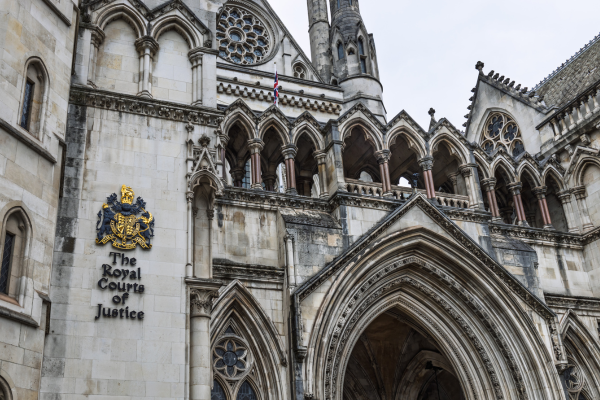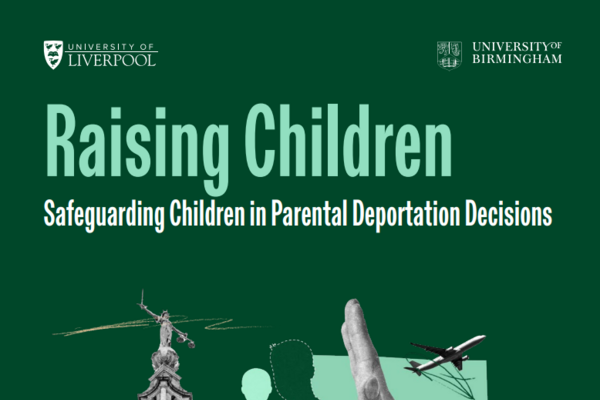New research published today based on the testimony of 90 individuals held in detention centres in the UK gives rise to serious concerns about the quality of legal advice available. The survey, collected by charity Bail for Immigration Detainees, is the only data collected on the availability of legal advice and representation in immigration detention[1].
Read the full report here
59% of people currently have an immigration solicitor, 68% of whom are represented on a legal aid basis. These figures are lower than those prior to the 2013 legal aid cuts, which removed non-asylum immigration work from the scope of legal aid.
Interviewees were particularly critical of the legal advice surgeries in detention centres. Changes to the contractual arrangements governing the provision of legal advice in immigration detention brought about in September 2018 drastically increased the number of firms delivering advice surgeries (from a total of 9 firms to 77) and this has caused a significant reduction in quality.
- Of 53 people who gave a description of their surgery appointment with the duty solicitor in detention, 24 explicitly described the advice as bad, or not useful, or stated that no advice was given.
- There were only 8 people who described the advice they received in a positive way.
- Of 34 people who told us how long their surgery appointment lasted, 13 said this was less than 5 minutes; and 74% said that the appointment was 20 minutes or less.
In 11 cases the solicitor asked for money to take on the case. Often these were vast sums of money. One interviewee told us that the solicitor informed him that he has a strong case but would not do it for free and charged £3000. He was paid and did not do anything for the case.
For people held in prisons under immigration powers at the end of their sentence, the situation is even bleaker. 53 interviewees in the survey said that they had come to the removal centre from prison. Of those, only 8 people had received advice on their immigration case from an immigration solicitor – just 15%[2]. This raises a serious concern that many people are facing deportation from the UK without being able to access the legal advice that would be necessary to appeal against that decision. Additional findings:
- 30% of people interviewed said that at least once in the past they needed to find a new solicitor as a result of being moved from one IRC to another.
- 85% of people who had tried to use the internet to research their case said that websites were blocked, including the websites of BID and other NGOs, newspapers, some gov.uk websites, email and social media.
- The majority of people had to wait over a week to see a lawyer at an advice surgery.
Pierre Makhlouf, BID’s assistant director, said “These results lay bare the sorry state of legal advice in immigration detention. But the stakes could not be higher – without access to quality immigration legal advice people are at the mercy of the Home Office and face long-term detention and removal from the UK. For many of our clients this means permanent separation from family in the UK, or being taken to a country that they have not seen in many years and may fear returning to. There is an urgent need for the reinstatement of legal aid for all immigration cases and an end to the inhumane system of immigration detention”
[1] The Autumn 2019 Survey is the 18th conducted by BID since BID first began surveying immigration detainees in 2010 twice a year regarding their access to legal representation. A total of 90 detainees were interviewed over 2 weeks in November 2019 by volunteers from BPP law school. Detainees held in prisons were not included in this interview sample. 97% (n=87) were male and 3% (n=3) were female. The sample were detained at the following IRCs: Brook House (n=18); Colnbrook (n=14); Harmondsworth (n=25); Morton Hall (n=10); Yarl’s Wood (n=9). The sample were detained at the following IRCs: Brook House (n=17); Colnbrook (n=16); Harmondsworth (n=26); Morton Hall (n=21); Yarl’s Wood (n=3). Two individuals had recently been released and completed the survey.
[2] When asked if they had received legal advice on their immigration case whilst in prison, 11 out of 53 people said yes. However, of those 11 people, 1 said the advice was from a criminal solicitor, 1 said it was from an immigration officer, and 1 said it was from a prison officer. Only 8 people said that the advice came from an immigration solicitor.









